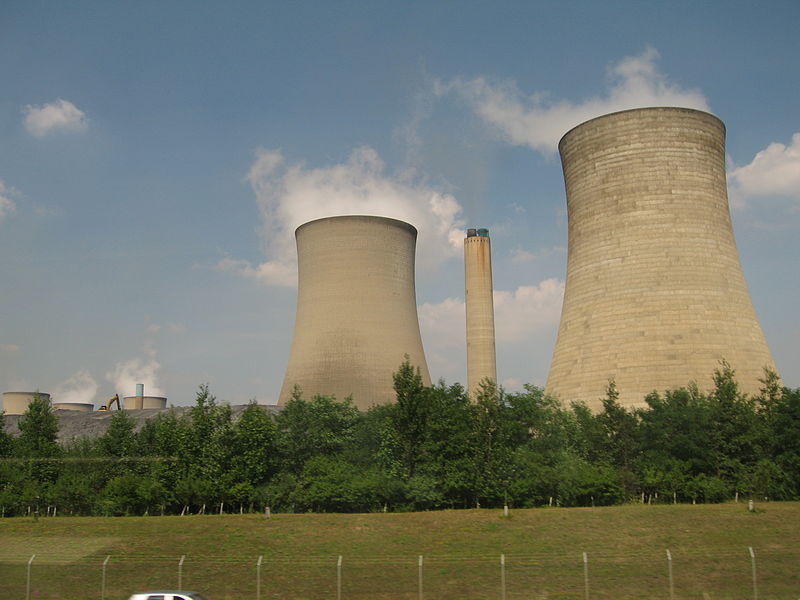
The UK government has revealed plans for a significant expansion of its nuclear power capacity, with a major £300 million investment aimed at reducing the country's reliance on energy
supplies from Vladimir Putin's Russia. Prime Minister Rishi Sunak and Energy Secretary Claire Coutinho announced the measures, emphasizing the goal of breaking away from the Kremlin's influence on British energy.
The proposed investment, marking the largest expansion of nuclear power in 70 years, is expected to mitigate electricity costs, generate employment opportunities, and enhance the UK's energy security. The announcement, coming almost two years after Putin's illegal invasion of Ukraine, underscores the government's commitment to fostering domestic energy production.
In an official statement, Sunak's government stated its intention to explore the construction of a major new power station, aiming to protect the country from price volatility and strengthen energy independence. The Civil Nuclear Roadmap outlines the government's strategy to provide industry certainty for the future, focusing on boosting the UK's domestically sourced energy.
The plan includes exploring the feasibility of a gigawatt-scale power plant comparable in size to existing facilities like Sizewell in Suffolk or Hinkley in Somerset, capable of powering six million homes each. However, concerns have been raised over the cost and timeline of such projects, with the Hinkley Point C facility experiencing a 30% increase in costs to £33 billion since its 2015 forecast, and potential delays in its start date to the early 2030s.
Addressing these concerns, Sunak emphasized the importance of nuclear power as a green, cost-effective, and long-term solution to Britain's energy challenges. He highlighted the government's commitment to achieving net-zero emissions by 2050 through a measured and sustainable approach to nuclear power.
Coutinho added that strengthening energy security would prevent the country from being vulnerable to energy-related coercion by leaders like Vladimir Putin. She emphasized the reliability and low-carbon nature of British nuclear energy as a key contributor to achieving this security goal. Photo by redjar, Wikimedia commons.



































